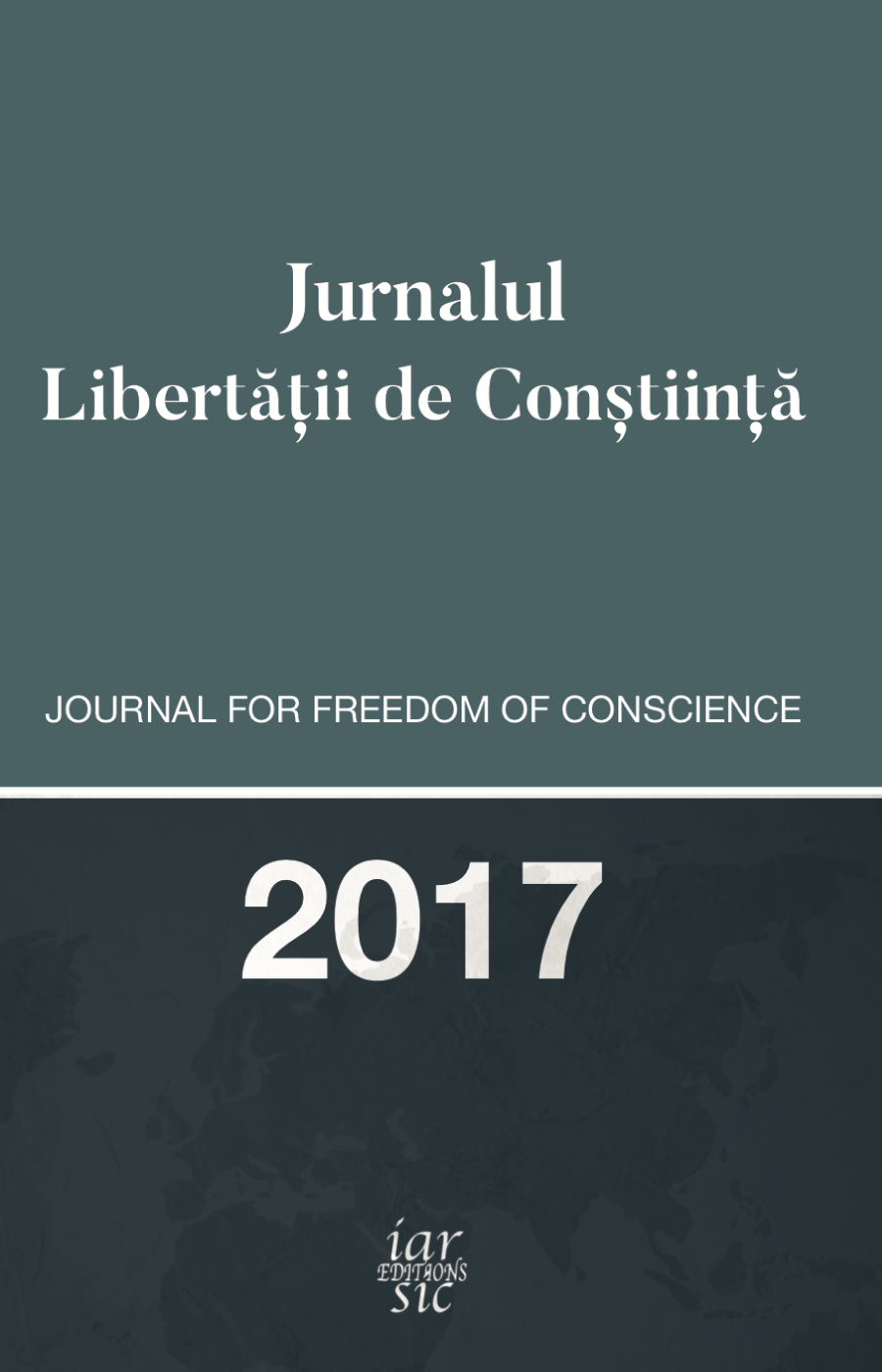THE RELIGIOUS LITERATURE FREEDOM-GNOSTIC LITERATURE VS. ANCIENT LITERATURE
THE RELIGIOUS LITERATURE FREEDOM-GNOSTIC LITERATURE VS. ANCIENT LITERATURE
Author(s): Stelian ManolacheSubject(s): Language and Literature Studies, Studies of Literature, Other Language Literature
Published by: Editions IARSIC
Keywords: Gnostic literature; ancient literature; logos; mythos; cultural symbiosis; Alexander the Great; emperor Octavian Augustus;
Summary/Abstract: As a very complex and diversified phenomenon, the Gnostic literature is completely part of the intellectual and spiritual climate, so much prone to syncretism, from the beginning of the first Christian millennium. The genesis of these texts is during the 1st century until the 4th century, from a climate of a new mentality and a new vision on the religious freedom in the writings of the ancient authors, literature which is contemporary with the blooming and expansion period of the cultural symbiosis between the Orient and the Occident, a process whose generalisation was based on two fundamental ideas: universality and divine monarchy, both very relevantly represented by Alexander the Great and emperor Octavian Augustus. The Gnostic writings will be, in other words, directly connected with the two essential coordinates – the universality and theocracy – of the new cultural climate of the 1st century AD, reflecting the spiritual interferences between Orient and Occident, mixing in a comprehensive and fecund/ synthesis the mythological vocation of the East with the call to reasoning of the West. In the following sentences, on the occasion of the symposium on Religious freedom and conscience, organized by the Parliament of Romania, we will try to present a short evaluation between the new Gnostic literature and the ancient literature
Journal: Jurnalul Libertății de Conștiință
- Issue Year: 5/2017
- Issue No: 1
- Page Range: 639-648
- Page Count: 10
- Language: English

